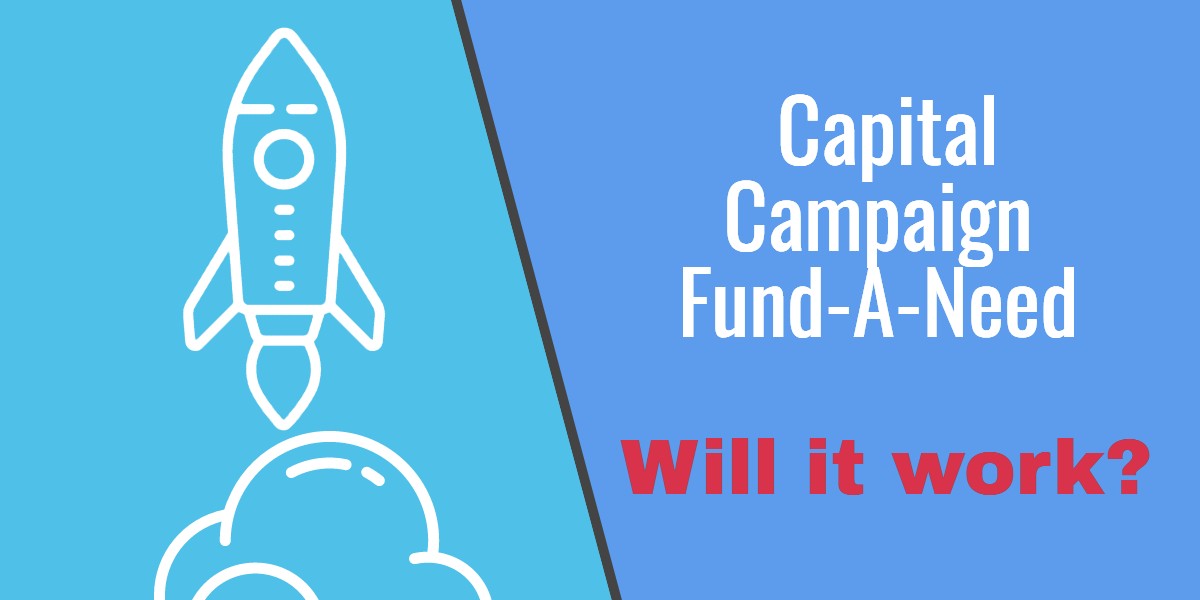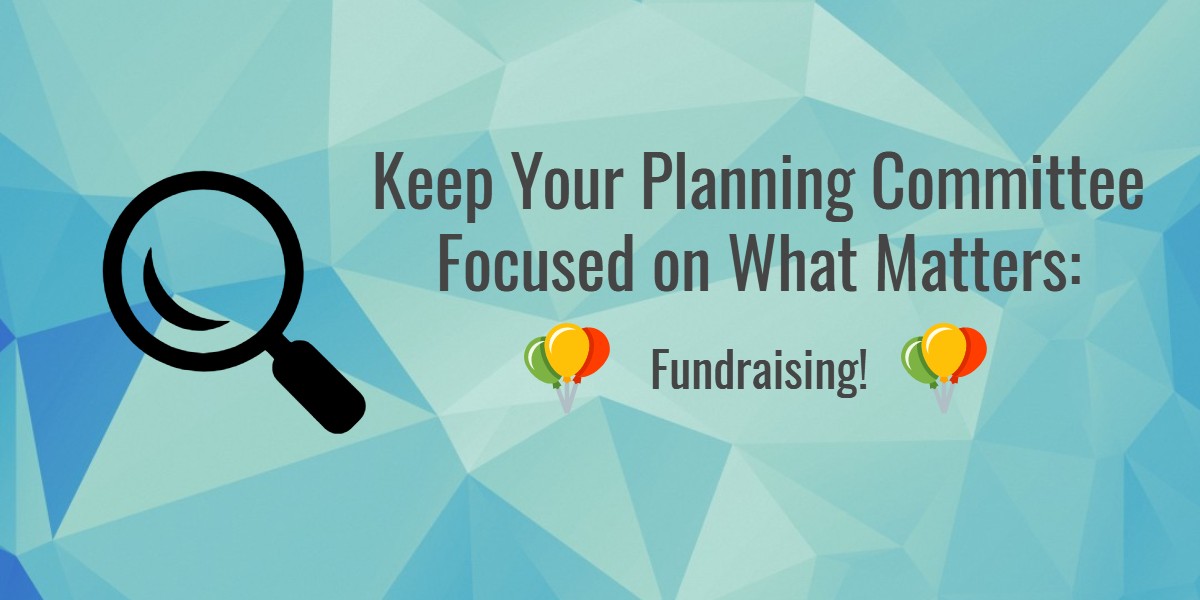Before you begin planning your fundraising event, you need to have a conversation about who is in charge.
There’s a few reasons for this:
- When asked, most nonprofit employees and volunteers will get overly involved in things that aren’t their business. For example, planning the annual fundraising event is not a good use of your Executive Director’s time, but if given the opportunity most will get in there and micromanage the heck out of it.
- It should be clear who is running the show. Discussions will happen throughout the planning process, but eventually decisions need to be made. It helps to make it clear who the final decision maker is. The phrase, “Too many cooks in the kitchen,” exists for a reason.
- This is an area where many Development Directors clash with their CEOs. Most DDs feel like they are in charge of planning events, because they are the DD. Most CEOs feel like they are in charge because they are the CEO. This dynamic should be addressed before the planning process begins to avoid any awkward or uncomfortable squabbles in front of board and committee members, which happens a lot more than you think.
Being in charge of planning an event doesn’t mean that you stop listening to the people around you. This is not a “my way or the highway” situation. Good leaders know how to listen and take advice from those around them, before weighing their options and coming to a decision that may not be what they personally wanted but is the best decision for the organization.
Additionally, before the day of the fundraising event, you and your colleagues should decide who is going to run things on the day. You need one person who people can go to with questions, one person handling any small metaphorical fires that pop up. There’s nothing worse than 35 people all running around trying to solve the same problem. Avoid that disaster and delegate from the beginning. Your auctioneer should be made aware of this person, so they know who to go to with any questions on the day of the event.
Delegating leadership roles like this from the beginning makes the planning process run smoother. Do yourself a favor by approaching this topic head-on before jumping into event planning.
How does your nonprofit decide who is ultimately in charge of events? Let me know in the comments.




 RSS Feed
RSS Feed